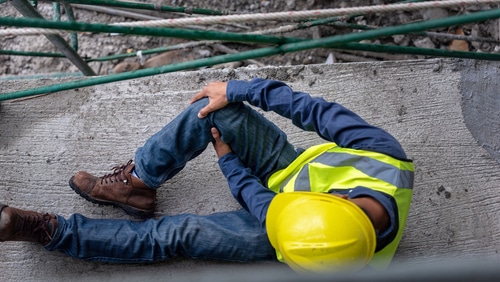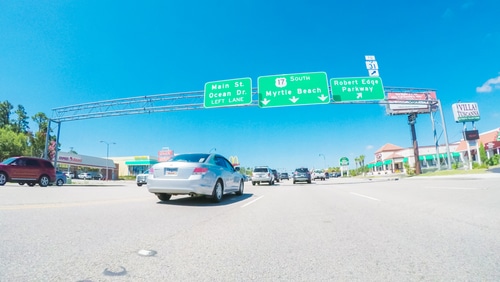Knee injuries are among the most common injuries that happen in Workers’ Compensation and other Personal Injury claims. If you suffer a knee injury at work or in another accident, what are the signs your knee injury is serious? Is it worth seeing an orthopaedic surgeon? Regardless you still need to seek legal representation to make sure your rights are protected. This list is far from comprehensive, but here are seven signs you have a serious knee injury that might require surgery.

YOUR KNEE IS SWOLLEN: It might not be a big deal for your knee to have a small amount of fluid present. On the other hand, if your knee swells up like a basketball in the first few hours after an injury, you could have an ACL tear or fracture.
YOU HEARD A POP: This don’t mean a small pop like the one you feel when you crack your knuckles. This sort of pop isn’t the popping many of people feel under your kneecaps normally with knee motion. If you hear or feel a loud, painful pop during an awkward landing or when you get hit in the knee, you could have torn a ligament. Many athletes say that their teammates heard the pop when they tore their ACLs.
YOU CAN’T BEAR WEIGHT: Extreme pain trying to walk is somewhat of a generic complaint. Many injuries can be serious enough to cause pain when you try to put pressure on the injured leg. It is still a sign you might consider seeking medical attention.
YOUR KNEE BUCKLED OR GAVE WAY: If your knee buckled when you landed from a jump or changed direction suddenly, you could have suffered ligament damage, such as an ACL tear. Alternatively, if you experience your knee giving out with twisting or landing movements in sports weeks or months after an injury, you should consider seeing a sports medicine doctor. True knee instability with activities can risk further damage to the meniscus or articular cartilage.
YOUR KNEE IS LOCKED: Some people can often tear the meniscus in such away that the inner, torn fragment can flip into the center of the knee and block motion. These bucket-handle meniscus tears often require surgery. The surgeon must push the meniscus back into place and repair it with sutures or anchors. Milder or more chronic forms of knee locking or catching also can suggest you have a meniscus tear.
YOU CANNOT FULLY EXTEND THE KNEE: Pain, swelling, and inflammation after acute injuries can all make knee range of motion difficult. It can be a nonspecific finding, though. Regardless, often there could be an ACL tear, acute meniscus tears, patellar dislocations, and more in these circumstances.
YOUR KNEE HURTS IN A VERY SPECIFIC LOCATION: Patients with meniscus tears usually complain of pain in a very specific spot along the joint line rather than throughout the knee. Medial meniscus tears often hurt along the medial (inside) and posterior (back) side of the knee. Lateral meniscus tears often cause pain along the lateral (outside) and posterior aspect of the knee. Likewise, stress fractures usually cause localized pain on the bone at the site of the fracture.
I hope that this list of signs your knee injury is serious is helpful. Again, it is not comprehensive and not intended to replace the advice of your doctor. If anything, I hope you would consider contacting Lowcountry Law, LLC for a FREE CONSULTATION regarding your injury claim!



